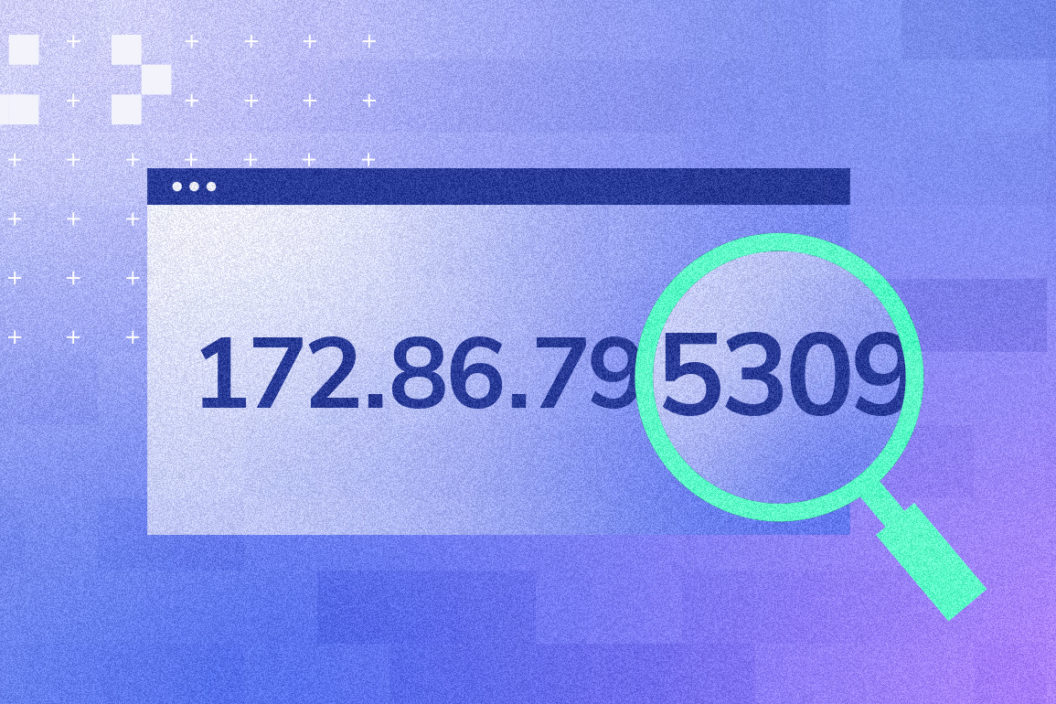A virtual private network (VPN) is a secure connection between a computer device and a computer network or between two networks, using an insecure communication medium such as the public Internet. It acts as an intermediary between the user and the internet, hiding the user’s IP address and encrypting their data, providing privacy and security online.
VPNs are legal in most countries and are essential for protecting online activity and data. Moreover, they offer a safer, freer, and more secure online experience by masking the user’s browsing activity, identity, and location. VPNs play a crucial role in ensuring digital security and protecting user privacy.
What Is A Virtual Private Network (vpn)?
A Virtual Private Network (VPN) is a secure connection that allows a device to access a computer network or the internet using an insecure communication medium, such as the public internet. It acts as an intermediary, hiding the user’s IP address and encrypting their data for added privacy and security.
| What is a Virtual Private Network (VPN)? |
| A virtual private network is a mechanism for creating a secure connection between a computing device and a computer network, or between two networks, using an insecure communication medium such as the public Internet. It acts as an intermediary between the user getting online and connecting to the internet by hiding their IP address. Using a VPN creates a private, encrypted tunnel through which a user’s device can access the internet while hiding their personal information, location, and other data. |
| Advantages of using a VPN – Fortinet |
| VPNs play a crucial role in ensuring digital security and protecting your privacy online. They are completely legal in the vast majority of countries worldwide, including the United States. While some countries impose restrictions or bans on VPN usage, they are perfectly legal in the majority of countries. A VPN should be the cornerstone of your online privacy and security at home, work, or public places. |
| What is an example of a virtual private network? |
| An IPsec-based WAN is an example of a network-based VPN. In this VPN, all offices of a business are connected with IPsec tunnels on the Internet. The three common types of network VPNs include: IPsec tunnels – This type of approach establishes a tunnel to exchange the data between two networks in an encrypted form. |
| Do you really need a virtual private network? |
| Yes, you need a VPN to protect your online activity, hide your IP addresses, and keep your data safe. It is essential for ensuring online privacy and security at home, work, or public places. A VPN encrypts your data, hides your browsing activity, identity, and location, providing a safer and more secure online experience. |
Advantages Of Using A Vpn
Virtual Private Network (VPN) is a mechanism that creates a secure connection between a computing device and a computer network. It can also connect two networks using an insecure communication medium like the public Internet. A VPN acts as an intermediary, hiding the user’s IP address and creating a private and encrypted tunnel through which their device can access the internet while keeping their personal information and location concealed.
Using a VPN provides several advantages, such as:
- Protection of online activity
- Hide IP addresses
- Secure data transmission
A VPN is essential to protect your online activity, maintain privacy, and keep data safe. It is the cornerstone of online security, whether you are at home, work, or in public places.
Popular Vpn Features
A virtual private network (VPN) offers a range of popular features that enhance online privacy and security. With encryption and IP masking, VPNs create a secure connection, protecting personal information and bypassing geographical restrictions, making them essential for a safer and freer internet experience.
| Virtual Private Network |
| Popular VPN Features |
|
A Virtual Private Network (VPN) is a mechanism that creates a secure connection between a device and a network using an insecure communication medium like the public internet. VPNs offer various features that enhance online security and privacy. One popular feature is encryption, which ensures that data transmitted over the internet is protected from unauthorized access. Another important feature is IPsec, an encryption protocol commonly used in VPNs to secure communication over IP networks. Additionally, VPNs often provide split tunneling functionality, which allows users to route some of their network traffic through the VPN while other traffic can bypass it. This feature improves network performance and provides flexibility to the user. With these popular features, VPNs play a crucial role in ensuring online security and privacy.
Example Of Virtual Private Network
A virtual private network (VPN) is a mechanism for creating a secure connection between a computing device and a computer network, or between two networks, using an insecure communication medium such as the public Internet. An example of a network-based VPN is an IPsec-based WAN, where all offices of a business are connected with IPsec tunnels on the Internet. IPsec tunnels establish a secure encrypted tunnel to exchange data between two networks.
VPNs are essential for protecting online activity, hiding IP addresses, and keeping data safe. By using a VPN, users can access the internet through a private, encrypted tunnel, ensuring their personal information, location, and other data are hidden.
VPNs are legal in the majority of countries worldwide, including the United States, and play a crucial role in ensuring digital security and privacy online.
Are Vpns Legal?
A virtual private network (VPN) is a mechanism for creating a secure connection between a computing device and a computer network, or between two networks, using an insecure communication medium such as the public Internet. The VPN acts as an intermediary between the user getting online and connecting to the internet, hiding their IP address and creating a private, encrypted tunnel through which their device can access the internet while protecting their personal information and location. VPNs are legal in the majority of countries worldwide, including the United States, although some countries may impose restrictions or bans. VPNs play a crucial role in ensuring digital security and protecting privacy online, allowing users to protect their online activity, hide their IP addresses, and keep their data safe. Overall, using a VPN is essential for online privacy and security.
Why Do You Need A Vpn?
A virtual private network (VPN) is crucial for protecting your online activity, hiding your IP address, and keeping your data secure. It creates a private, encrypted tunnel that allows your device to access the internet while safeguarding your personal information and location.
Using a VPN is essential for online privacy and security whether at home, work, or in public places.
Protecting Online Privacy And Security
| Usage in various settings |
|---|
| Home |
| Work |
| Public places |
A virtual private network (VPN) is a mechanism for creating a secure connection between a computing device and a computer network, or between two networks, using an insecure communication medium such as the public Internet. It acts as an intermediary by hiding the user’s IP address and creating a private, encrypted tunnel through which their device can access the internet while protecting their personal information, location, and other data.
Using a VPN is crucial for protecting online activity, hiding IP addresses, and keeping data safe. Whether you are at home, work, or in public places, a VPN should be the cornerstone of your online privacy and security.
VPNs are completely legal in most countries, including the United States, and play a crucial role in ensuring digital security and protecting your privacy online.
Some popular examples of VPN services include NordVPN, Proton VPN, ExpressVPN, Secure VPN, and TunnelBear.
Frequently Asked Questions On Virtual Private Network
What Is Vpn And How It Works?
A VPN is a secure connection between a device and a network, using the internet. It hides your IP address and encrypts your data, protecting your online privacy. It works by creating a private tunnel for your device to access the internet, keeping your personal information and location safe.
VPNs are legal and essential for digital security.
Are Vpns Legal?
Yes, VPNs are legal in the majority of countries, including the United States. They play a crucial role in ensuring digital security and protecting your privacy online. While some countries impose restrictions or bans on VPN usage, they are legal in most places.
What Is An Example Of Virtual Private Network?
A virtual private network (VPN) is an example of a secure connection between a device and a computer network, using the internet. It hides your IP address and encrypts your data for privacy and security online. Common types include IPsec tunnels for exchanging encrypted data between networks.
Do You Really Need Virtual Private Network?
Yes, a virtual private network (VPN) is essential to protect your online activity, hide your IP addresses, and keep your data secure. A VPN ensures your online privacy and security at home, work, or public places.
Conclusion
A virtual private network (VPN) is a vital tool for ensuring online security and privacy. By creating a secure connection between a user’s device and a network, a VPN hides their IP address, encrypts their data, and protects their personal information.
Additionally, VPNs are legal in most countries and play a crucial role in safeguarding digital security. So, whether at home, work, or public places, using a VPN should be a priority for anyone looking to protect their online activity and keep their data safe.
- Get Business & Edu Tips daily






